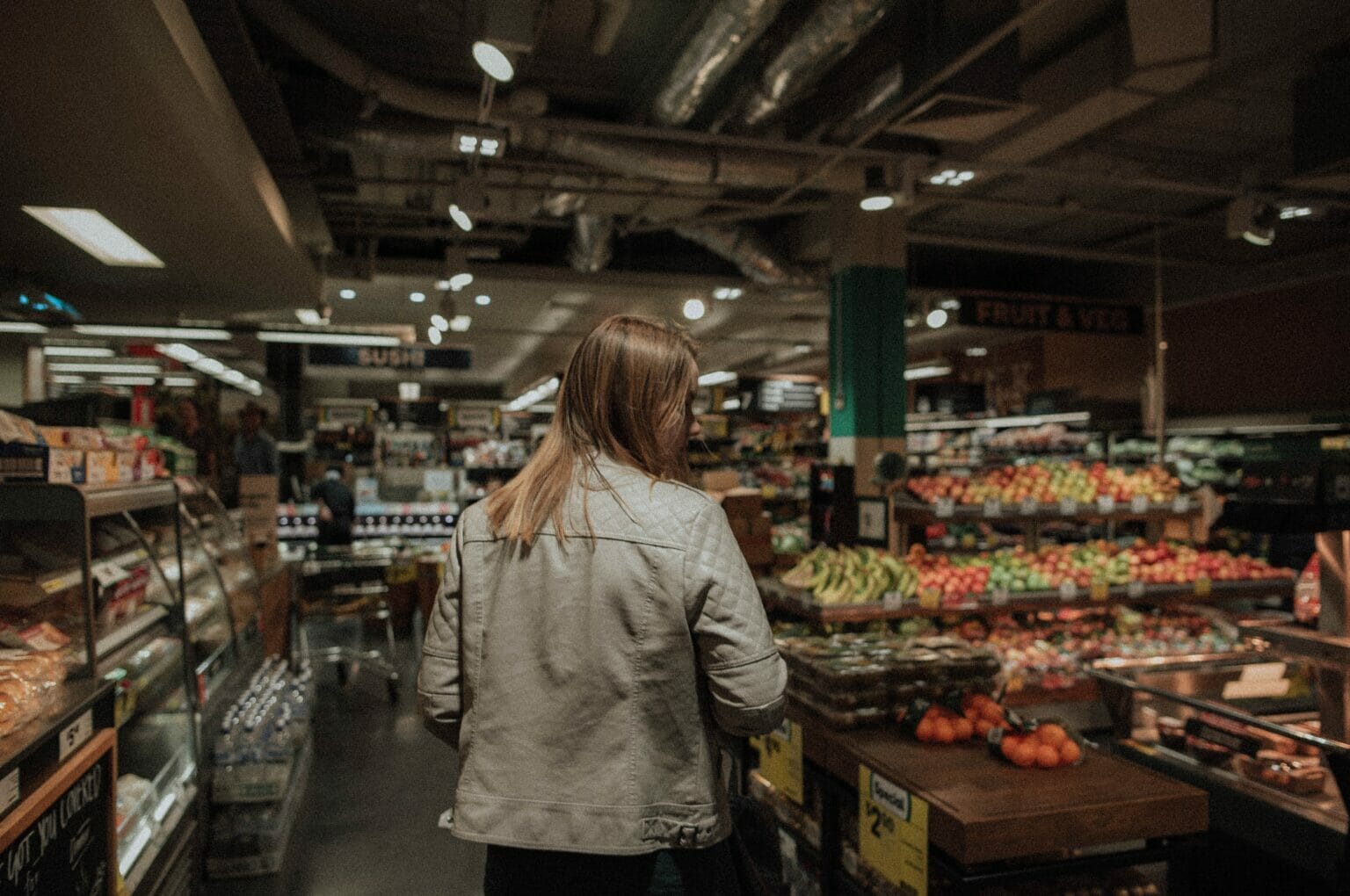The British standard of living has decreased because of rising prices for essential goods.
The rising inflation that has been hurting the British economy may slow down, but food will still be more expensive than before the cost-of-living problem, Huw Pill, the chief economist at the Bank of England, said.
Food prices in the world’s tenth-largest economy in terms of purchasing power parity (PPP) stayed high at 17.3% in the 12 months leading up to June, according to official data.
“Unfortunately, it doesn’t look like food prices will go down for a while, if ever,” Pill was quoted as saying by Sky News on Monday.
The top economist says that the effect on food prices in the UK has been “a little bit more long-lasting than would have been expected.”
Pill said that the Ukraine conflict and Western sanctions against Russia have made the supply line for essential foods like wheat and sunflower oil uncertain. This has caused raw materials and essential nutrition to cost more.

Pill said that British companies have reacted by signing expensive contracts. He also said that price increases will start to slow down as these contracts end and food sub-processors in the UK get used to the fact that supply disruptions are over.
Even though the government has tried to control inflation, consumer price rise in Britain has stayed high. Officials and trade unions have accused supermarkets of “greedflation” and making money off of consumers. Pill has said that British households and companies need to accept that they are now poorer and stop asking for pay raises and raising prices.
“Some firms decided to sort of lock in their purchases of commodities on international markets to reduce that uncertainty. However, they may have locked in at quite high prices, and they’re still passing that through the system into what we pay for in shops,” he said.
